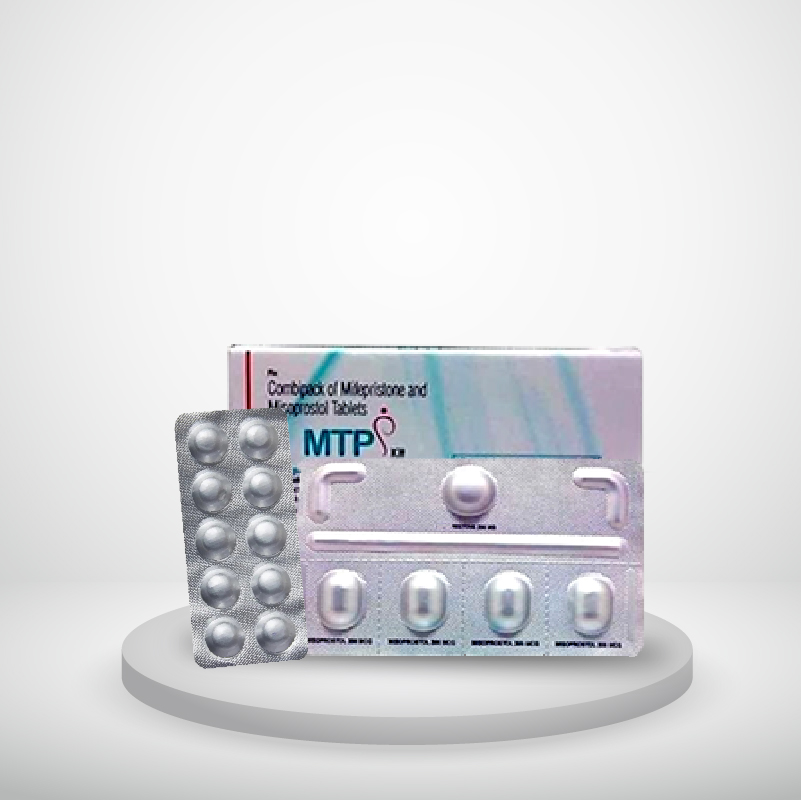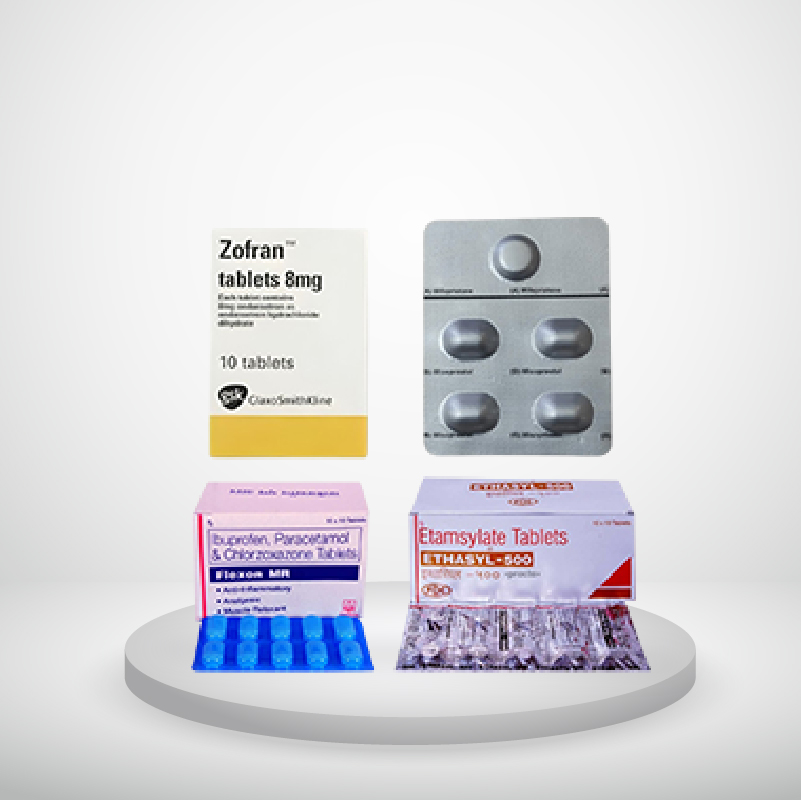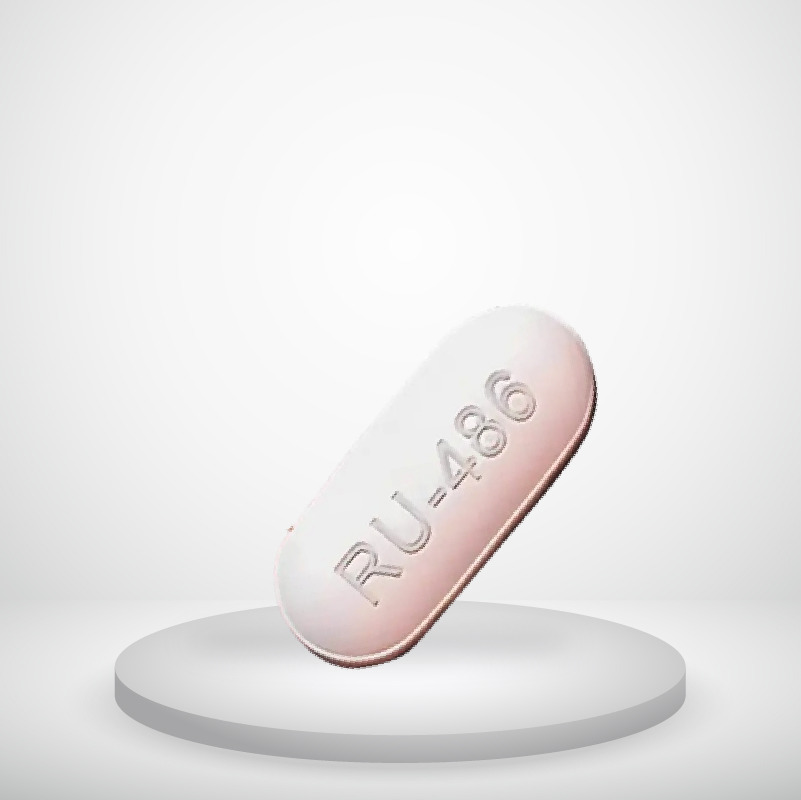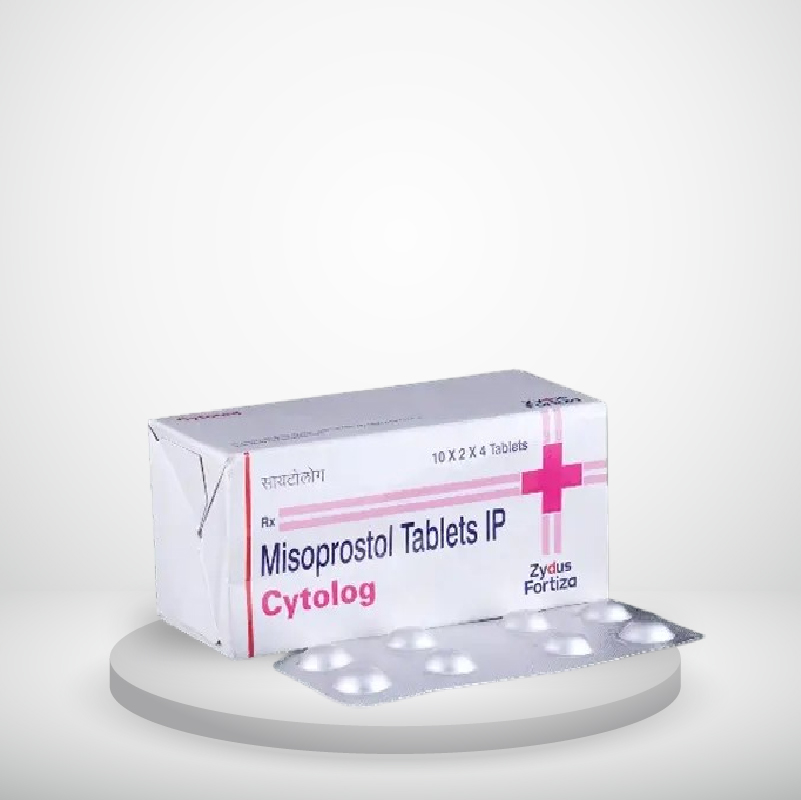
Depression and Anxiety
A person's wellbeing can be significantly impacted by the complicated and frequently connected mental health illnesses of anxiety and depression. Excessive concern, fear, and heightened awareness are the hallmarks of anxiety, which frequently results in physical symptoms like restlessness and a quick heartbeat. Similarly, depression is characterised by enduring sadness, despair, and a loss of interest or enjoyment in routine tasks. Both illnesses have the potential to impair functioning, degrade self-worth, and sour relationships. Given that they can severely lower one's quality of life, these issues must be managed and overcome with the aid of professionals. Recognizing the distinct signs of each is vital for comprehensive treatment, considering their combined effects on an individual's well-being and mental health.
Common medications for anxiety and depression include SSRIs, SNRIs, and benzodiazepines. The choice depends on symptoms, health, and treatment goals.
SSRI's
- Sertraline
- Paroxetine
- Citalopram
- Escitalopram
- Fluoxetine
- Fluvoxamine
- Vilazodone
SNRI's
- Duloxetine
- Milnacipran
- Venlafaxine
- Levomilnacipran
- Desvenlafaxine
Benzodiazepines
- Diazepam
- Lorazepam
- Alprazolam (Xanax)
- Clonazepam
SSRIs operate by boosting serotonin levels in the brain. Serotonin, a vital molecule, plays essential roles in mood and behavior regulation.
SNRIs function by inhibiting the reuptake of serotonin and noradrenaline, elevating their levels in the brain, and enhancing their presence.
Benzodiazepines function by amplifying the influence of gamma-aminobutyric acid, a brain chemical that exerts inhibitory control over nerves and movement.



